It’s been an interesting journey so far in my 18+ months of adventures and lessons as a new solopreneur. I am still yet to “arrive,” but looking back, I’ve made significant progress thanks to the community I’ve found and built on LinkedIn. One of the scariest things about joining, and more specifically, contributing to a digital, public conversation, is a fear of the unknown. This “unknown” relates both to peoples’ receptivity and response to what you or I share. This is a valid fear/anxiety that we can all trace back to the butterflies in our collective stomach when we raised our hands to participate in the classroom. On LinkedIn, similar to the classroom setting, everyone is listening, our participation matters, and also counts toward our grade.
Let me ask you a question... why did you join LinkedIn?
Was your goal simply to create a profile just to say that you have one, or were there some higher aspirational purposes for the time and effort you expended? I’ll bet that you had goals of (re)connecting with friends/professionals you already knew, meeting new people to expand your network, and furthering your professional development, including finding new jobs. The challenge is, it’s very hard to achieve any of these goals if you remain a silent observer or passive member in this digital, public, professional square.













